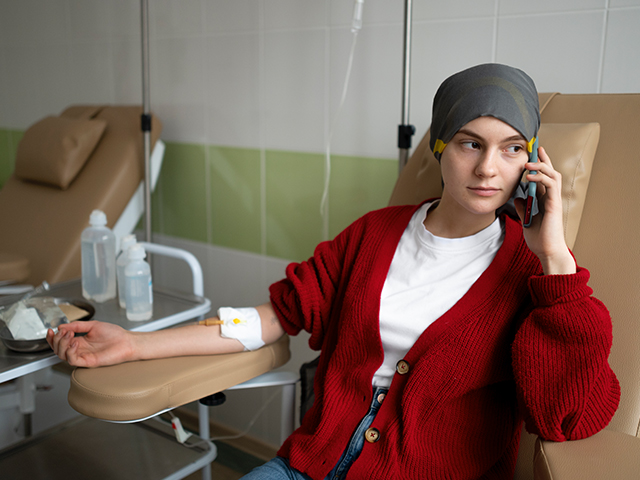
What Is Chemotherapy?
Chemotherapy, or chemo shortly, is a cytotoxic (poisonous to cells) treatment, applied by chemicals that are expected to affect the DNA structure of the problematic cells in various diseases, especially cancer. The drugs used in chemotherapy prevent the growth and proliferation of target cells and damage them. Chemo can be used alone, but can also be administered besides other drug combinations, radiotherapy and even surgery.
How Are Chemotherapy Drugs Administered?
Drugs used in chemotherapy can be administered intravenously, orally (in pill form), topically, or by regional injection into the problem area. Intravenous chemotherapy drugs are mixed into a serum and given at various times. In regional injection, it can be applied into the abdominal cavity, the pleura and the bladder.
Chemotherapy Success Rate
With latest technologies, medicine now can look deeper into DNA mechanism and other cell functions. Thus, the efficacy of any treatment is improving and chemotherapy is one of them. Depending on the cancer type and the stage, success rates can rise as much as up to 95% and your good mood is always a plus on this.
What Are The Side Effects Of Chemotherapy?
Cancer cells are generally fast growing cells and chemo drugs are particularly designed to kill this type of cells. Therefore, while travelling throughout our bodies, these chemicals can target healthy cells that are fast growing too.
The normal cells most likely to be damaged by chemo drugs are blood-forming cells in the bone marrow, hair follicles, cells in mouth, digestive tract cells and reproductive system cells. Heart, kidneys, bladder, lungs, and nervous system can also be negatively affected. Chemo medicine can even interfere with different parts of the brain causing mood and motivation changes. The resulting side effects can be listed as follows:
- Tiredness, fatigue
- Hair loss
- Easy bruising and bleeding
- Anemia (low red blood cell counts)
- Nausea and vomitin
- Appetite changes
- Gastrointestinal problems like constipation or diarrhea
- Mouth and throat problems such as sores and pain while swallowing
- Peripheral neuropathy or other nerve problems, such as numbness, tingling, and pain
- Dryness and color change in skin and nails
- Kidney problems due to urine and bladder changes
- Concentration, focus and balance problems due to effects in brain
- Changes in reproductive system (libido and sexual function)
- Fertility problems
Considering Treatment in Turkey? Call Us Now for a Free Consultation!
With internationally reputed doctors, JCI certified hospitals and globally affordable prices, Turkey is one the top destinations for medical tourism. For almost any treatment from obesity surgery to aesthetic operations, and heart procedures to cancer, millions of people are visiting this lovely country every year. And if you too are looking for a treatment or surgery in Turkey, look for professional support.
We are a health bridge between Romania and Turkey, serving you with best practices, exceptional prices and in person follow-up here in Romania. Call us now get a free consultation from doctors. Walk to a healthier and happier life with Dr. Ada.

